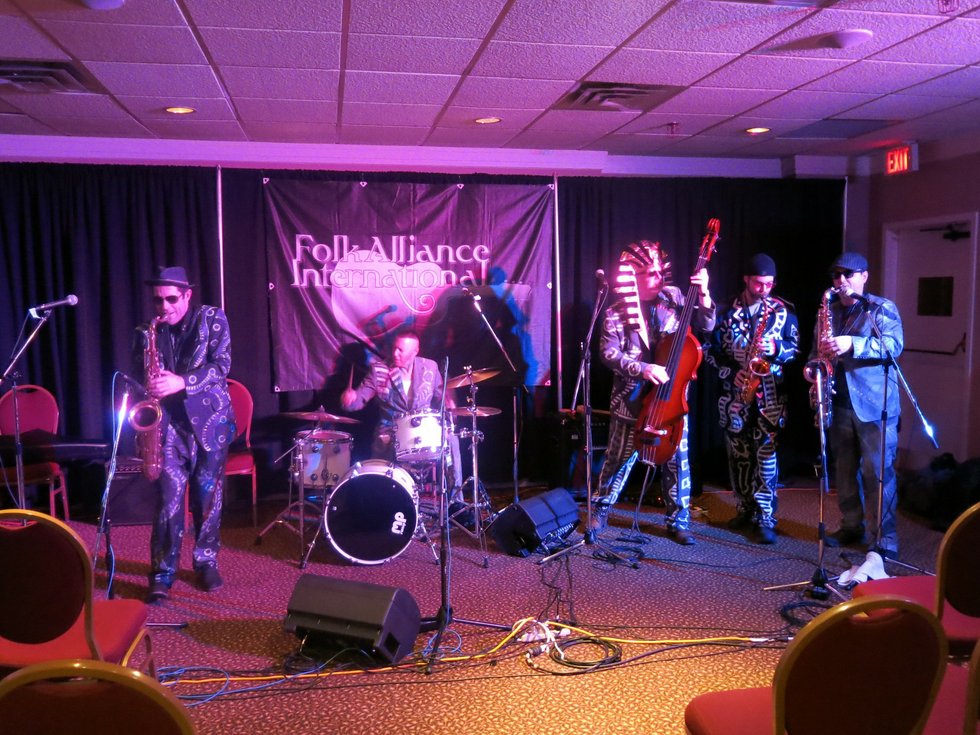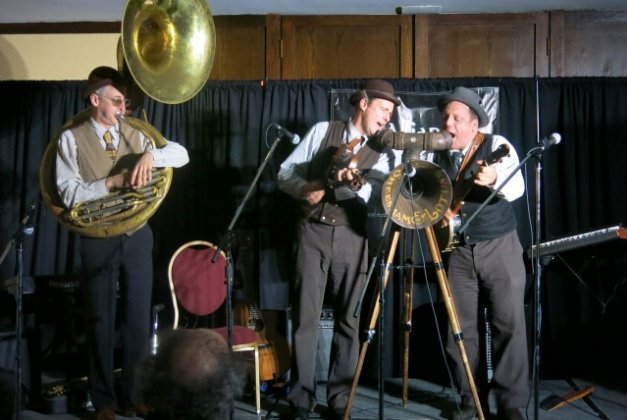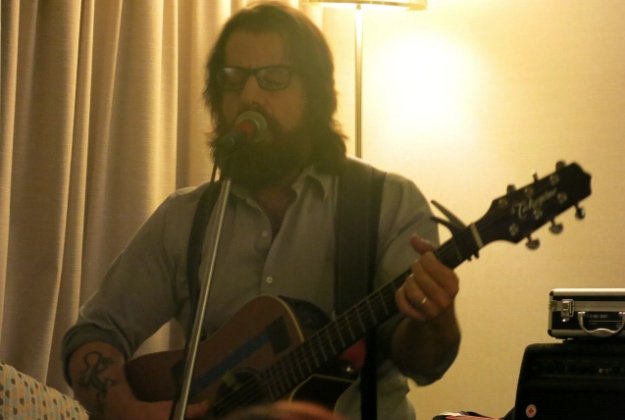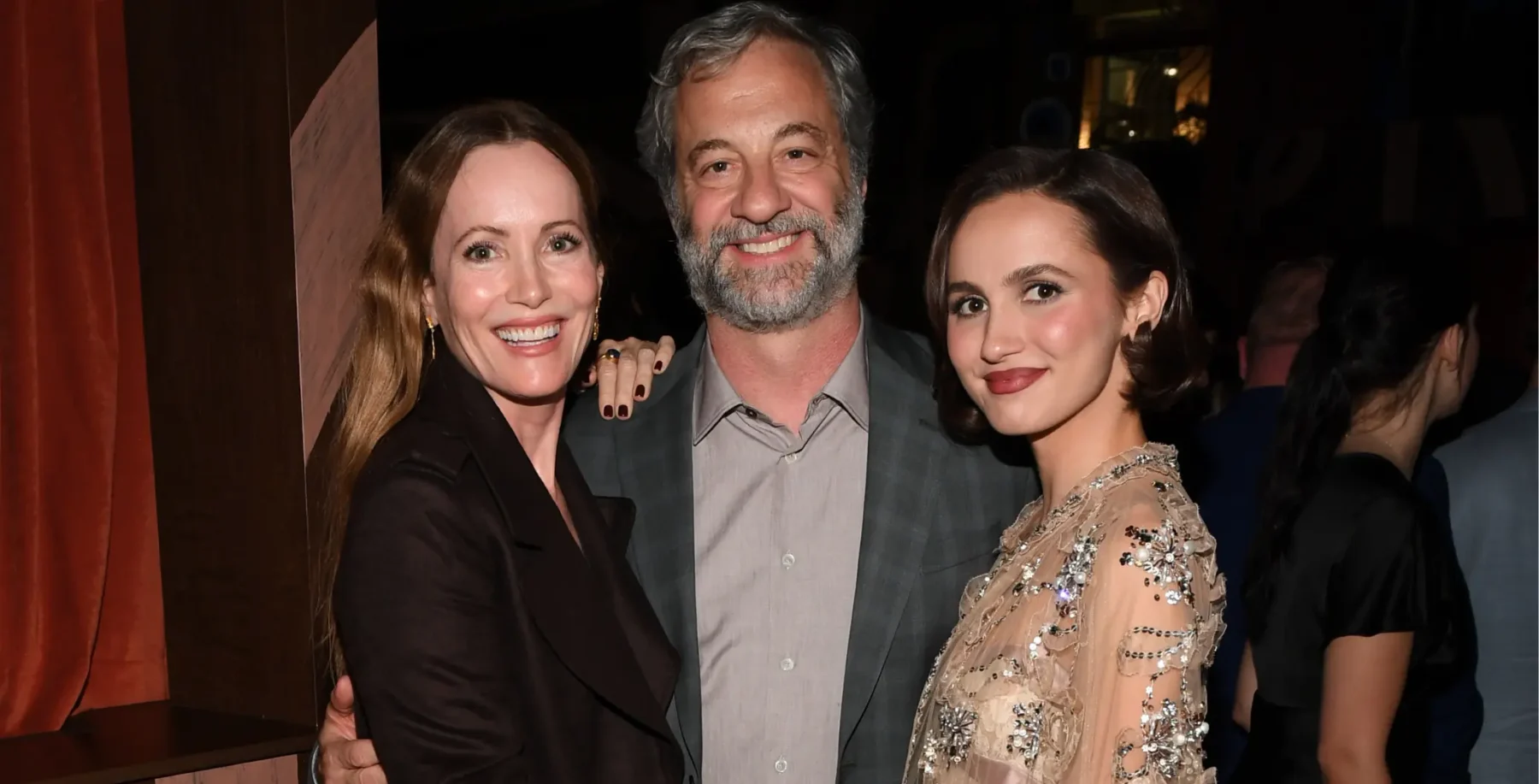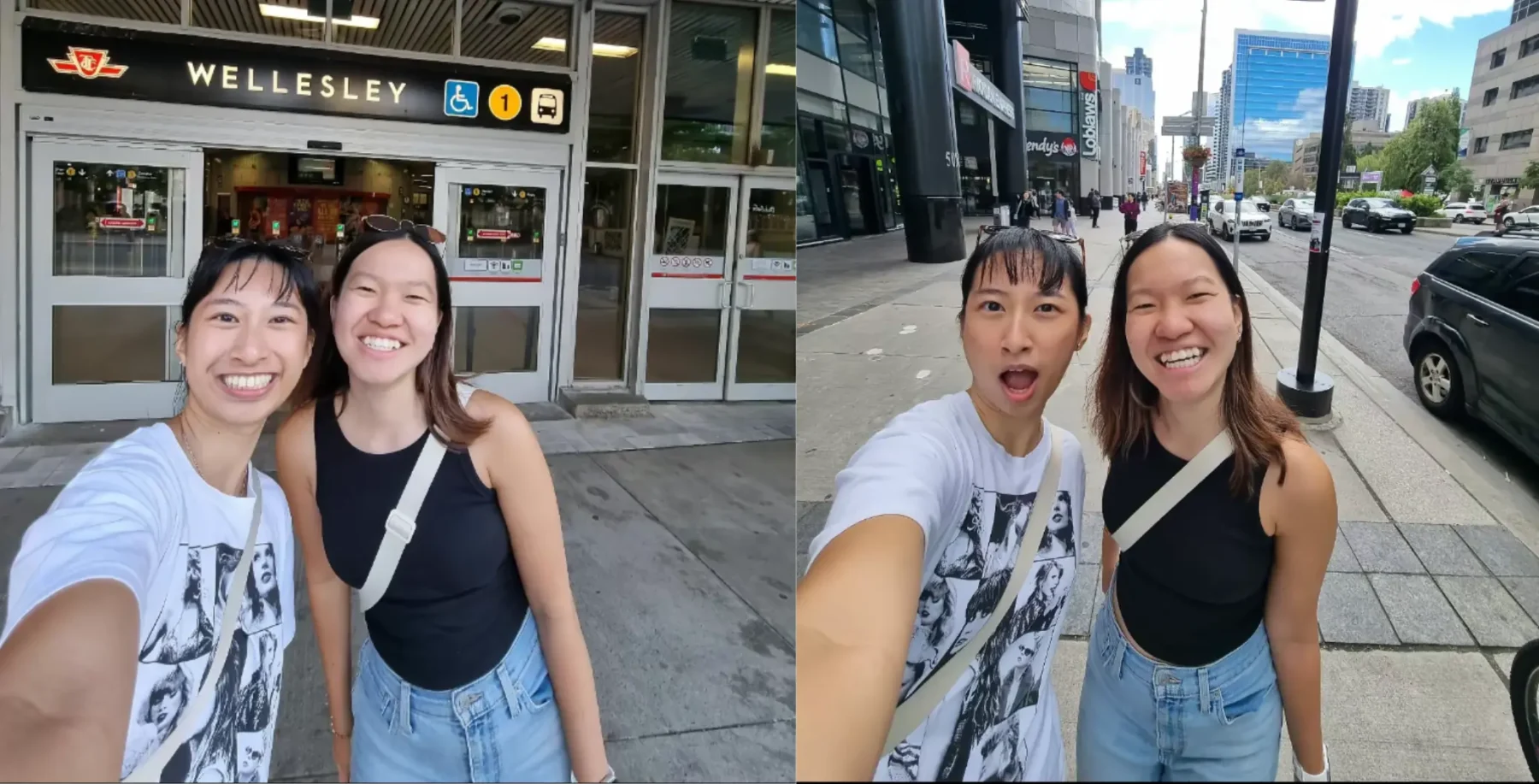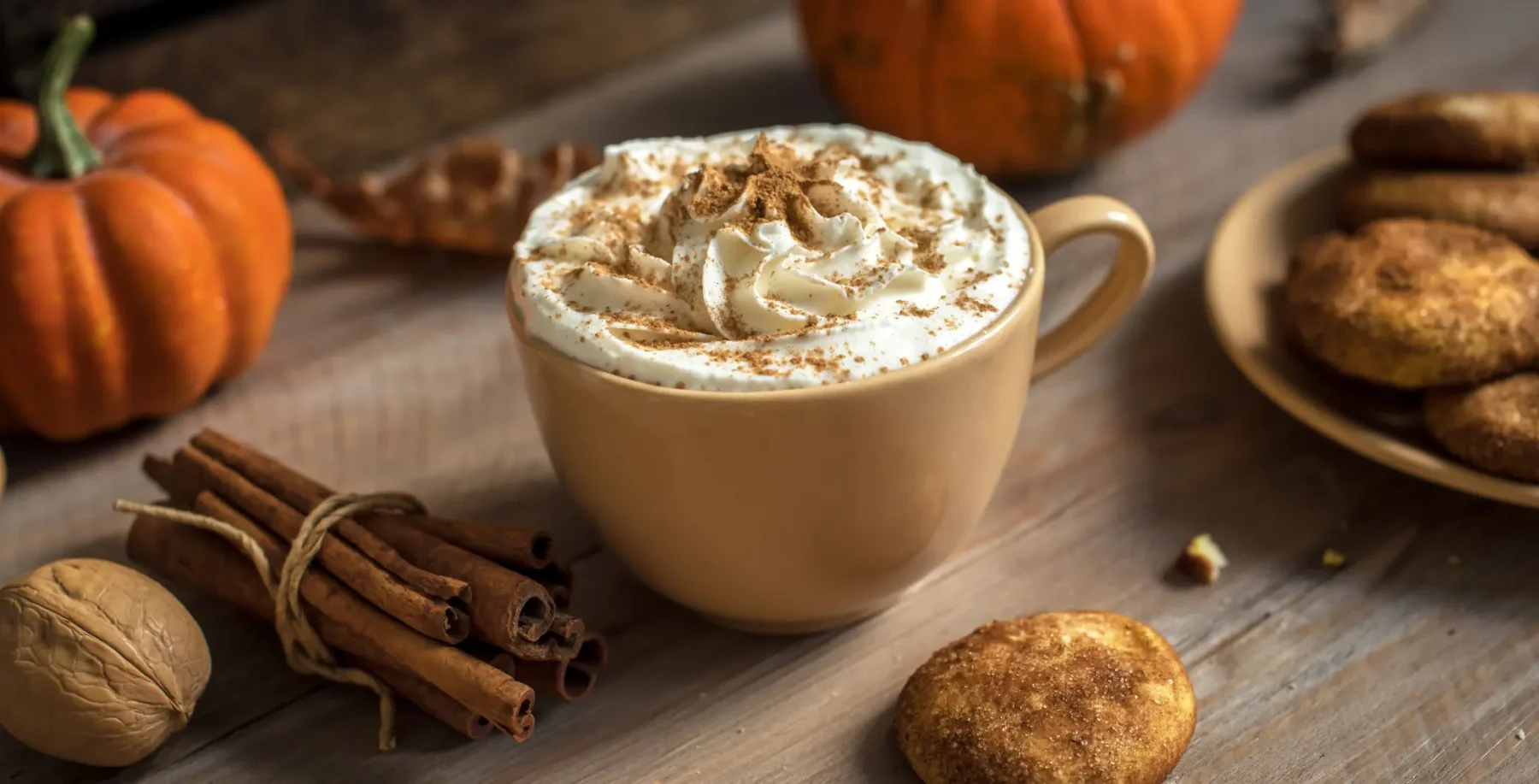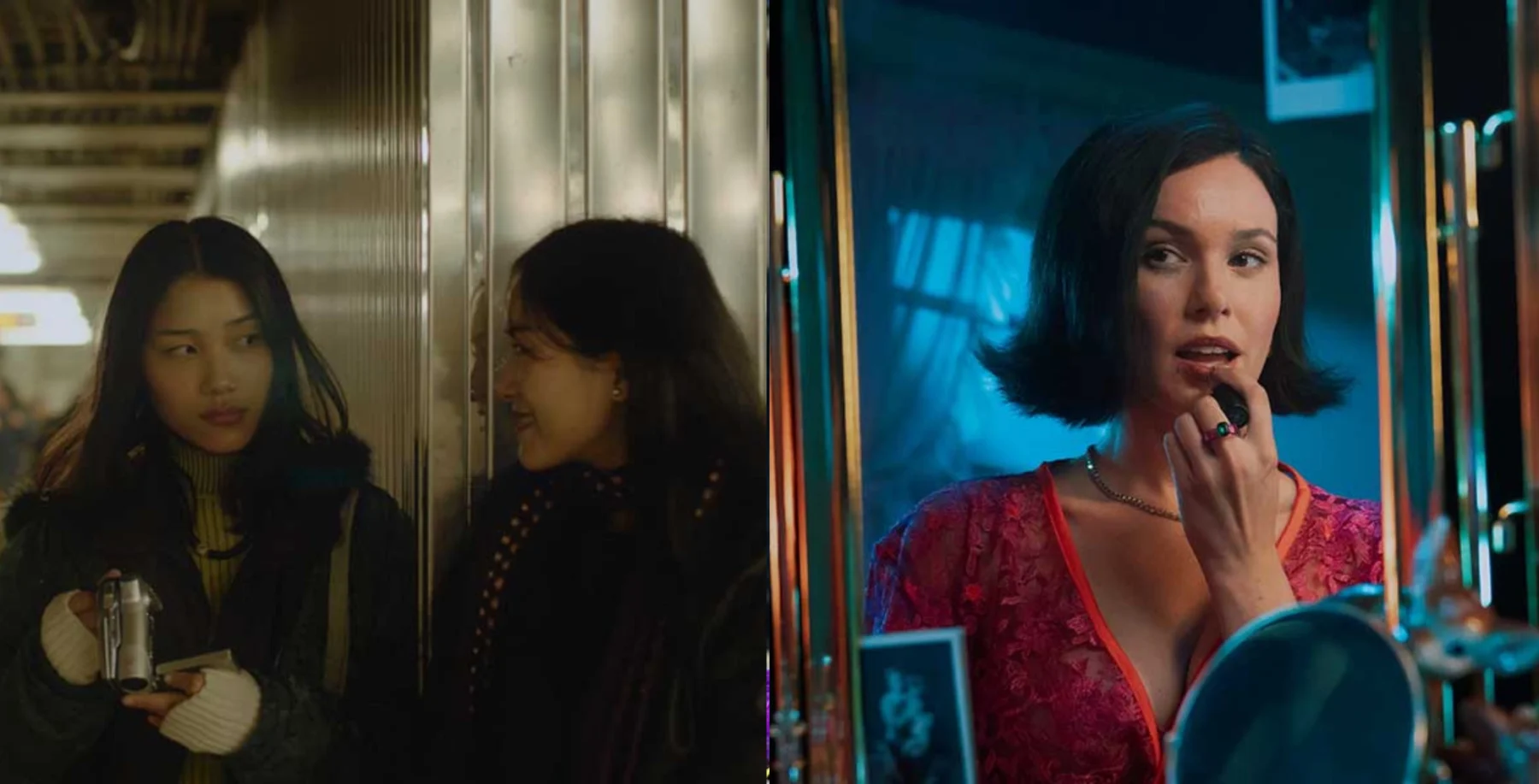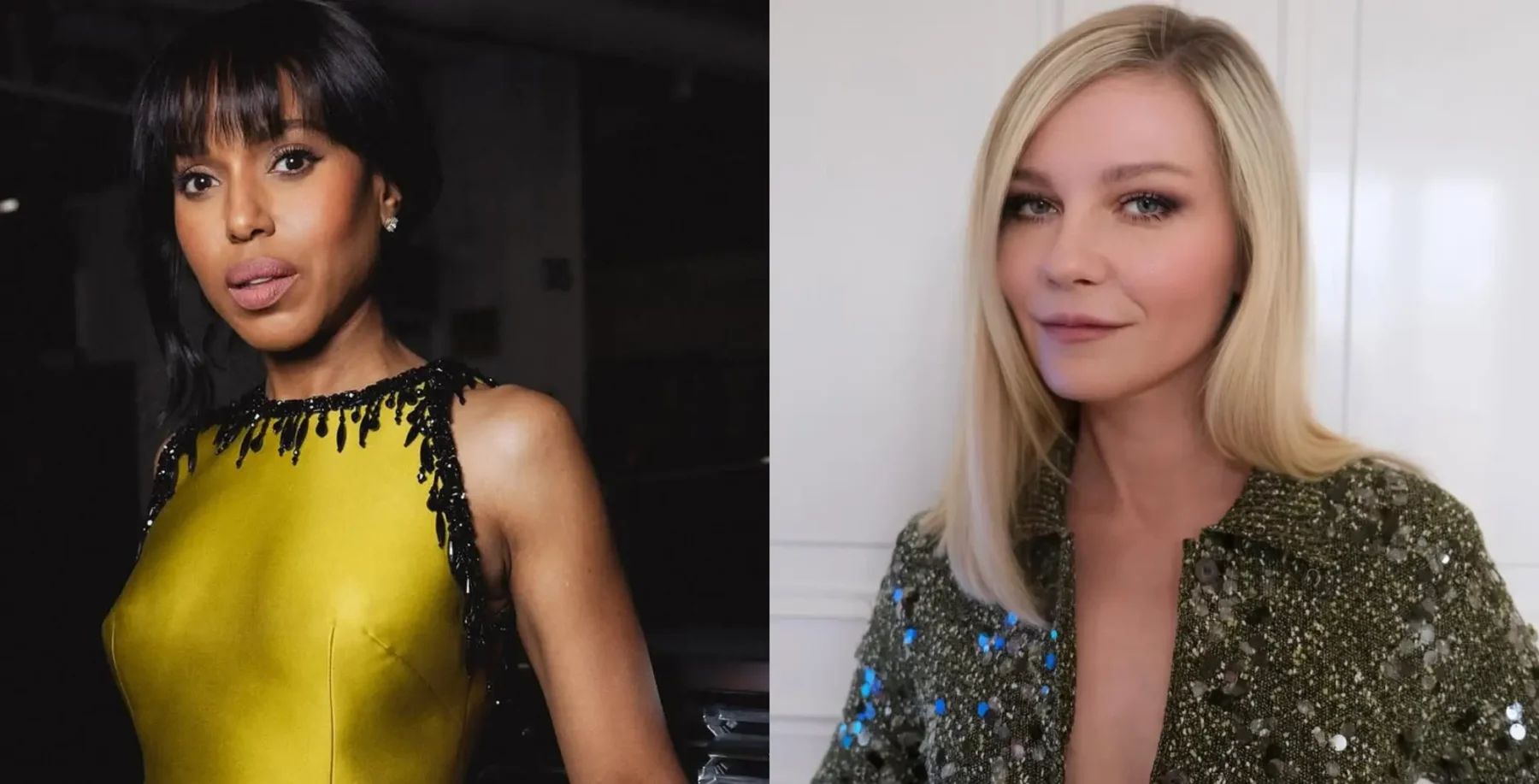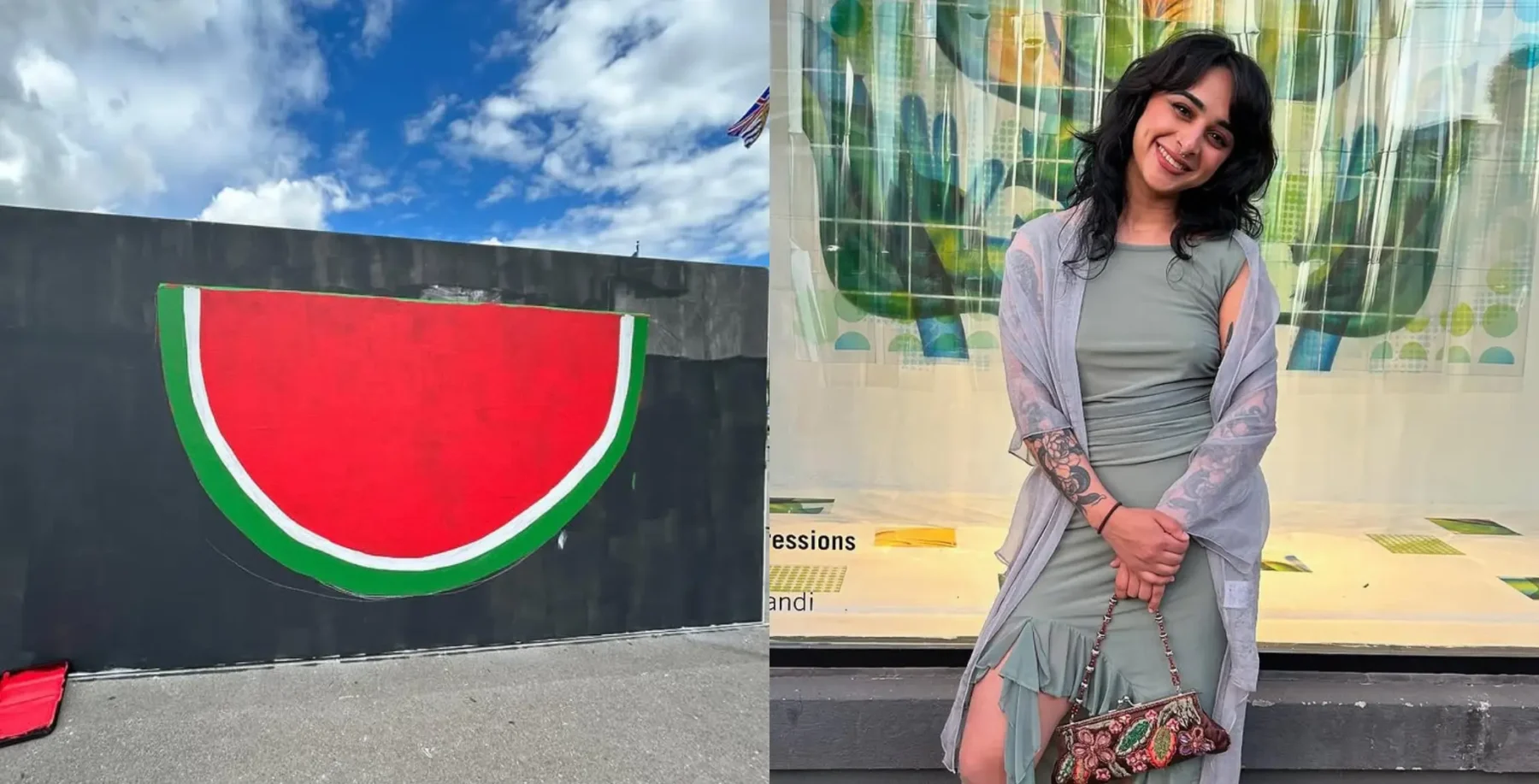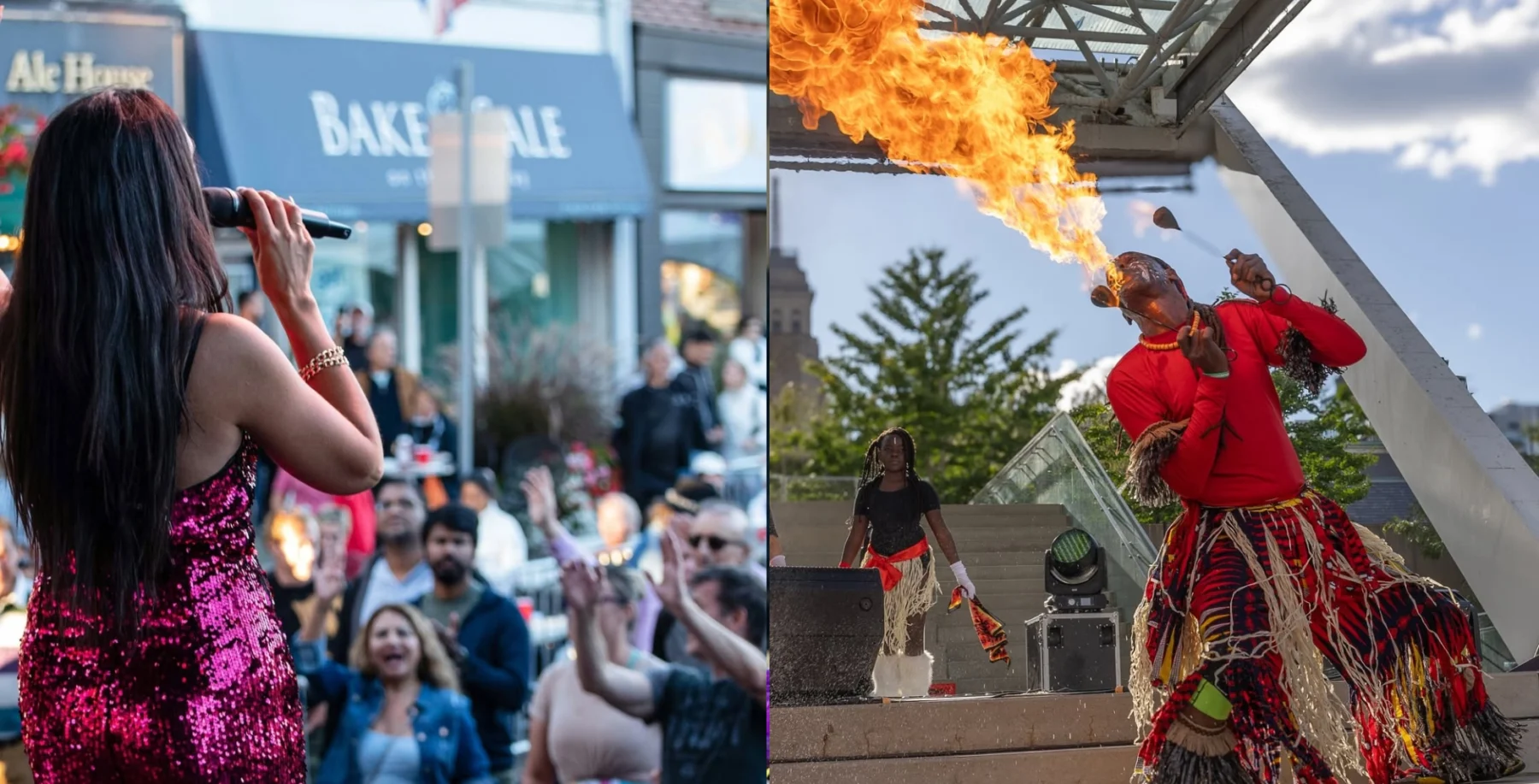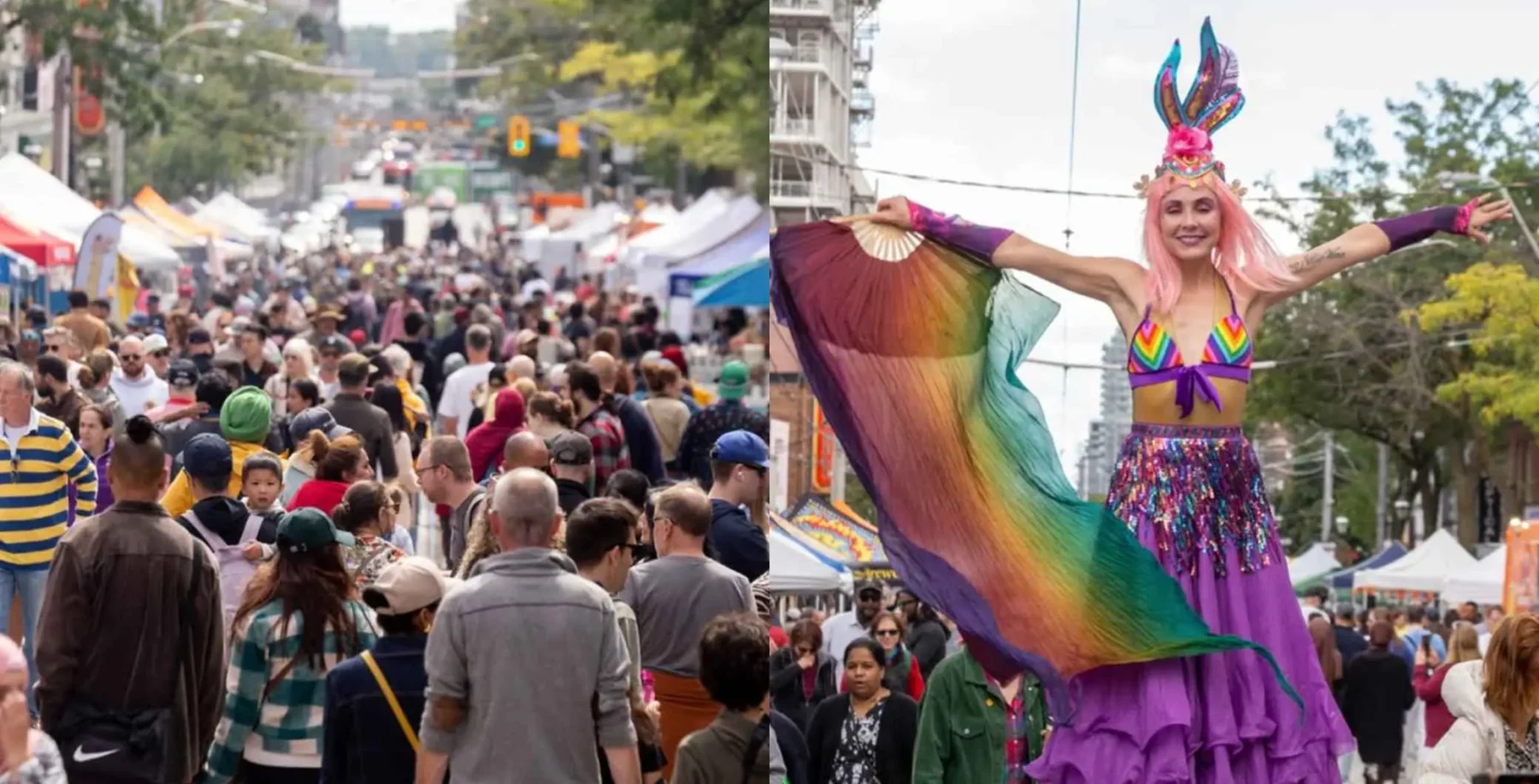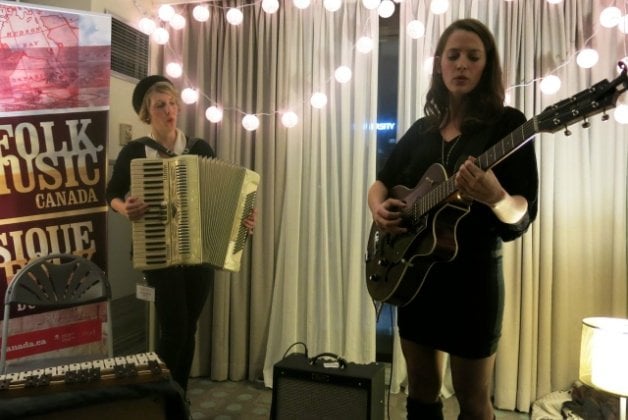
25th INTERNATIONAL FOLK ALLIANCE CONFERENCE at the Delta Chelsea Hotel, Wednesday, February 20 to Sunday, February 24. Rating: NNNN
At the end of Saturday night, after four days of nearly 24-hour folk music and folk music-related activities, someone said, “you tell people about this place, and they hardly believe it exists.”
It’s true. The International Folk Alliance Conference, now in its 25th year, is a marathon networking and showcasing event, featuring hundreds of artists and bands, as well as label people, folk festival organizers, folk DJs (a thing), managers and more. Like a rail-riding troubadour, the conference travels around from year to year – it’s been all over the U.S., and to Calgary and Vancouver. This year it was in Toronto.
Though many of the participating musicians played gigs outside the conference throughout the week (there was also a Folk Alliance series running concurrently at Hugh’s Room), it would have been easy to spend the entire time in the hotel: there was yoga and breakfast in the morning, a uke-building workshop, official afternoon and evening showcases, and unofficial “guerrilla” showcases in hotel rooms until 3 a.m. and beyond. At night three floors of hotel suites were jammed with musicians and spectators – often interchangeable groups at FA – rendering the hallways nearly impassable.
In between sweet Simon and Garfunkle-esque harmonizing in the Anti-/Sweet Beaver suite, the Milk Carton Kids described the FA conference as being like summer camp for alcoholics — which seemed apt in a room that was giving out free beer every night.
I arrived at 7:30 on Wednesday, just in time to catch part of Shuffle Demons’ under-attended yet righteously funky and political jazz set in a horribly-lit conference room. Elsewhere, Eve Goldberg and Ken Whitely talked about how they met (he was her teacher) and Sheesham & Lotus played 1929 – which was exponentially more impressive then than the next time I heard it (this is the blessing and the curse of FA – artists tend to play at least six or seven times over the course of the week, so you’ve got lots of chances to catch them, but also are likely to hear songs repeated).
Though the talent at the official showcases was impressive – Judy Collins played – participation in the unofficial after-hours showcases has ballooned to the extent where they make up the bulk of the performances and are included in official guides.
It’s a unique experience, because most of the rooms are tiny and the performers are un-mic’d, creating a certain intimacy. For example, I took in one of Steve Poltz’s provocative sets while sitting on the floor beside a laughing Old Man Luedecke, and heard Russ Kelley’s and Gurf Morlix’s elegantly simple songs in equally close proximity.
There were banjo-playing indie folk bands (Jenny Ritter), mellow “haunt” folk (Jenny Berkel and her sister, Kristen), traditional murder ballads from Scottish flautist Nuala Kennedy (pronounced Noola), and buzzy theatrical, gothic chamber folk from young U.K. songwriter Rachel Sermanni and her band. I also caught Joe Pug’s band this way and new, uplifting folk-pop-jazz songs from The Jessica Stuart Few, and an energetic and fun set from Memphis, Tennessee’s Star & Micey, members of which I had met while they were volunteering at the fest.
At her official showcase, New Yorker Ana Egge appeared tired – she’d just traveled 22 hours from Copenhagen with her band and said she was feeling floaty – but her short set flew by in a whirlwind of strong songs and guitar hooks. Petunia and the Vipers played beautifully to an unfortunately chatty dinner crowd at Monarchs and North Carolina’s Mandolin Orange were a great discovery – some of the best plaintive alt-country I’ve heard in years, with lovely male-female harmony vocals.
Dar Williams’ Friday night showcase provided some context: in introducing When I Was A Boy, she said that at her first Folk Alliance (in 1994) she made some contacts that became long-term business relationships and helped launch her career.
The Folk Alliance – and by extension, the folk music scene in Canada in general – has a tendency to favour and reward tried and true: safe sub-genres and singer-songwriters.
That’s why it was refreshing to hear Upstate New Yorker Sean Rowe again. He opened his unofficial showcase with an urgent song on prepared guitar (he was using a card and a pen) before letting his rich baritone and lyrics carry the rest of his set.
As a Folk Alliance newbie, I was still trying to get a handle on what the purpose of the whole thing was when I ran into Johan Hulqvist in the wee hours of Sunday morning. The former Mr. Something Something front man was there as a manager of prog-bluegrass-folk group Fish & Bird, who had just finished playing their final of many sets to a packed and enthusiastic crowd, and he told me that experienced managers at the conference had been incredibly forthcoming in their help and advice with him.
So while for some attendees Folk Alliance is an expensive four-day-long party and jam, for others it is a savvy and compact opportunity to network with like-minded people in the industry for everyone it seemed to be an opportunity to meet new people and hang out with old friends.
